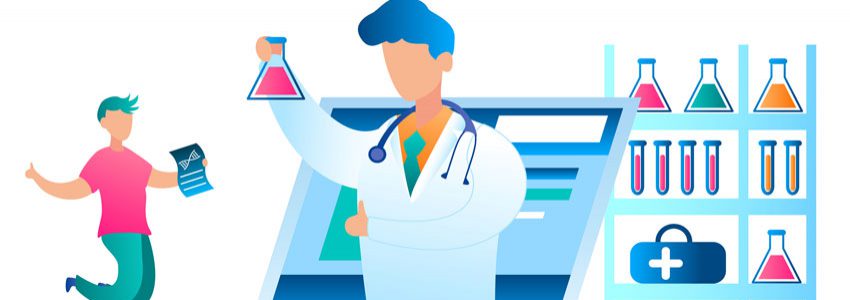Medical Laboratory Professionals Week is the seven days out of the year that the medical industry celebrates those individuals who have dedicated their careers to the prevention, diagnosis, treatment, and management of disease. Since lab professionals often work behind the scenes, few people know much about the critical role they play in patient care. Before starting my career at Aureus Medical, I did not know anything about these career options. Thirteen years later, I know a lot more about who they are, and wish more people understood how important they are to the entire healthcare system.
I decided to survey random friends and family members last week to see who they thought would be considered “medical laboratory professionals.”
- All of them described an individual that draws their blood when they go to a clinic.
- Some of them described the person that collects a urine sample for a drug screen.
- A couple of them believed it would include their physician.
I wasn’t too surprised to hear these results. Their answers illustrated a need for more information on the clinical laboratory industry.
Outside of phlebotomists and medical assistants, a few positions the general public might not be aware of are med tech, histotech, cytotech, or pathology assistants. This is largely because these roles rarely involve patient interaction. Most individuals are not aware of the crucial steps that occur between giving a blood sample and their physician or physician’s assistant disclosing the results. These professionals, some of which have spent six plus years in college to learn their trade, help improve our lives on a daily basis. It appears that a majority of people do not know they even exist. The breakdown below provides a brief explanation of what each clinical laboratory professional does:
- Medical Assistant: Complete administrative and clinical tasks in the offices of physicians, hospitals, and other healthcare facilities.
- Phlebotomist: Draw blood for tests, transfusions, research, or blood donations.
- Medical Laboratory Technician/Medical Technologist: Collect samples and perform tests to analyze body fluids, tissue, and other substances.
- Histotechnician/Histotechnologist: Prepares human body tissue for examination of disease.
- Cytotechnologist: Examine cellular samples under a microscope to determine the presence of disease.
- Pathology Assistant: Responsible for the gross examination and dissection of anatomic pathology specimens and the performance of postmortem examinations.
This year, I would like to give a personal “thank you” to all medical laboratory professionals. You dedicate your lives to the improvement of others without the recognition you deserve. I would like to include a friendly challenge too. I encourage everyone reading this to ask your friends and family members the same question I asked mine. If they are not familiar with med techs, histotechs, cytotechs, or pathology assistants, try to educate them. If you are not familiar with what they do yet, jump on the internet and spend some time learning about what each of them do. Explain to your friends and family members that prevention, diagnosis, treatment, and management of disease help save lives, maybe even their own. Let’s work together to educate others on how vital these roles are to healthcare, and maybe we can shine a brighter light on these individuals moving forward.
Rob Hagedorn is a Branch Manager for the Medical Laboratory division of Aureus Medical Group.


The idea is good,there’s a new blog aiming at promoting medical laboratory science.They publishes interesting articles.
I think this website could be a good referential source for MLT check it out https://laboratology.com/mutation/
Very useful information. As a career I think so it is very easy for qualified new graduates to find a job in the field. Thanks for sharing.